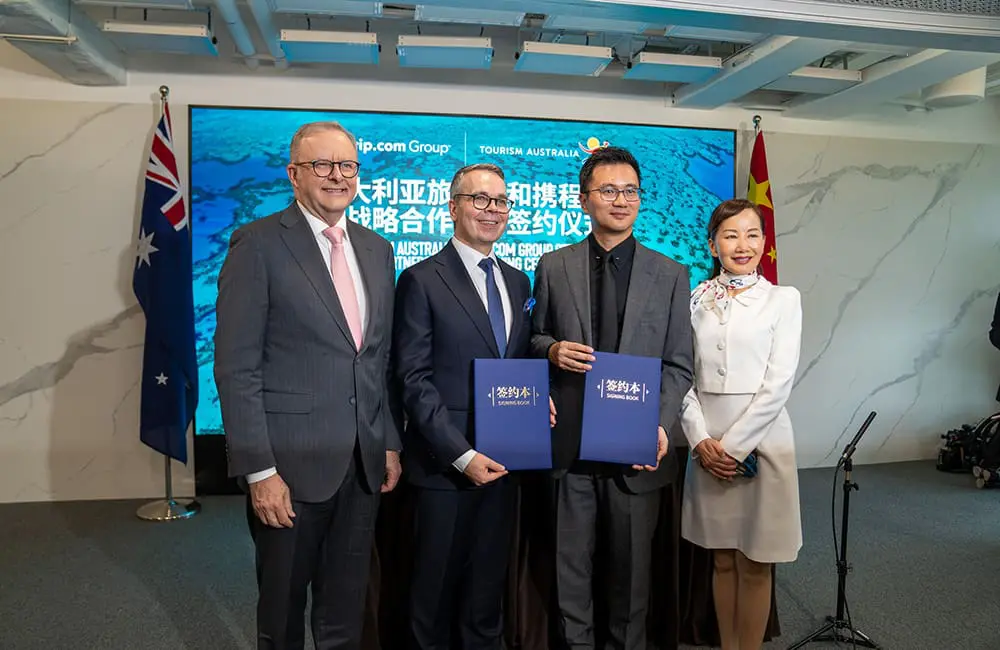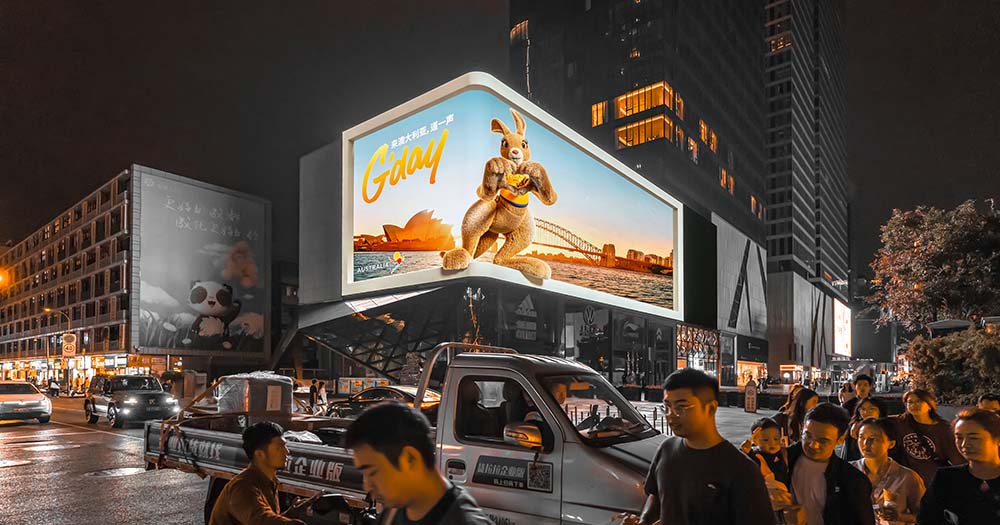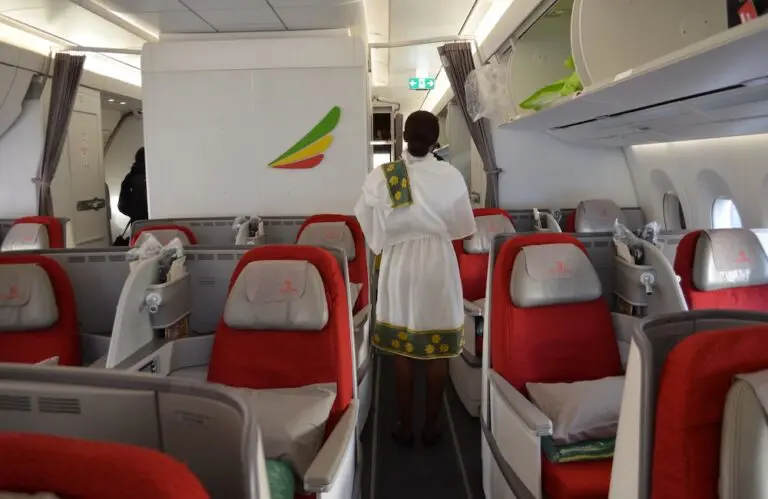Australia will continue to woo Chinese tourists as Prime Minister Anthony Albanese unveiled an agreement to drive more diverse tourism cooperation between the two countries during his visit to China.
Tourism Australia and global online travel agency Trip.com Group signed a Memorandum of Understanding (MoU) to grow Australia’s share of international visitors, particularly from China, as well as other Asian markets.
Specifically, the three-year agreement will deliver increased destination marketing activity and new travel packages to encourage more visitors to plan and book holidays to Australia.

This partnership is a big boost for Australia’s tourism industry as Trip.com Group has 40 per cent of the Chinese travel market alone.
According to Trip.com Group data, Australia ranked as the top long-haul destination booked during the 2025 Lunar New Year peak period and the leading Southern Hemisphere destination for Chinese travellers in 2024.
China is Australia’s largest tourism market by expenditure, representing 25 per cent of all short-term international visitor spend with a total of $9.2 billion in the 12 months to March 2025.
Chinese tourism is also growing at a faster pace than other international markets, with a 26 per cent increase in visitors from mainland China in the past 12 months and a total of 860,000 trips to Australia.

Prime Minister Albanese said: “Expanding our tourism relationship with China will mean more jobs for Australians and a boost for Australian businesses.”
Tourism Australia also revealed a new teaser featuring Chinese actor Yosh Yu (Yu Shi) aimed at Chinese audiences for the upcoming ‘Come and Say G’day’ campaign, which will launch in August 2025.

Tourism Australia Executive General Manager Global Markets & Business Events Robin Mack said: “Our partnership with Trip.com Group spans global markets, connecting us with visitors looking to plan and book an unforgettable travel experience in Australia.”
The ‘Come and Say G’Day’global campaign launched in October 2022 and the 2024 update included billboards in key Chinese cities.
For more info, head to tourismaustralia.com






